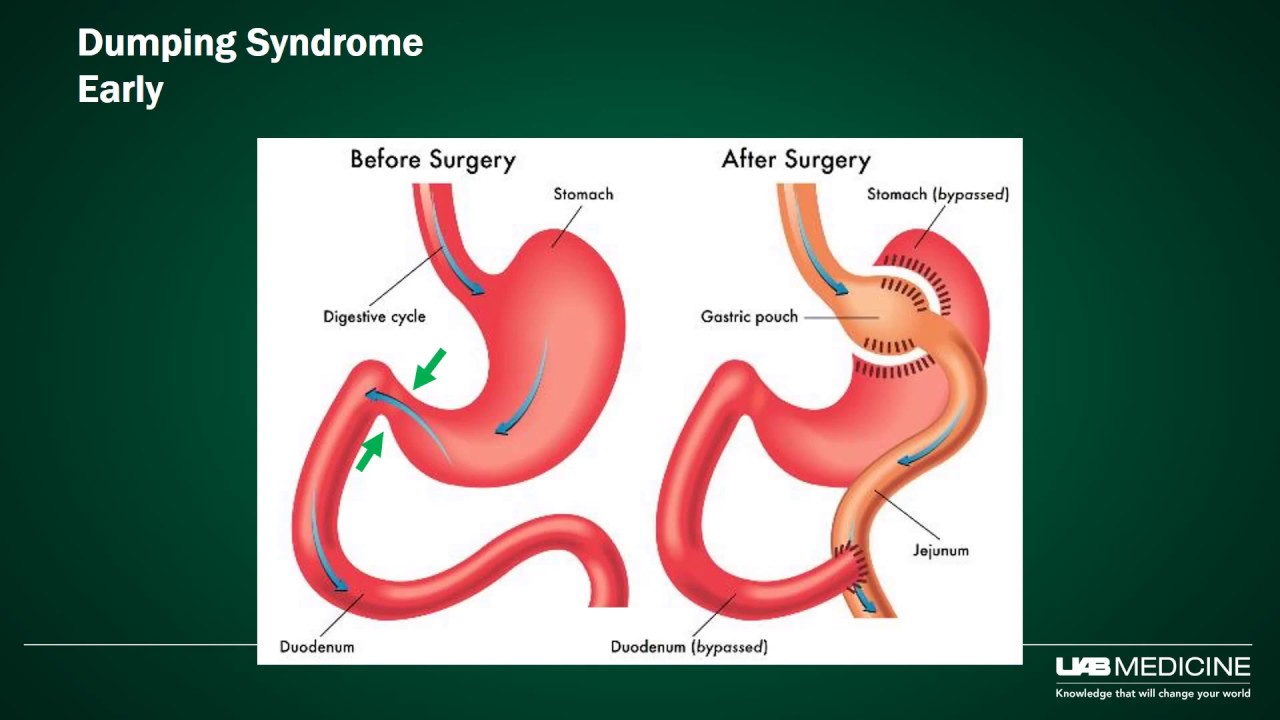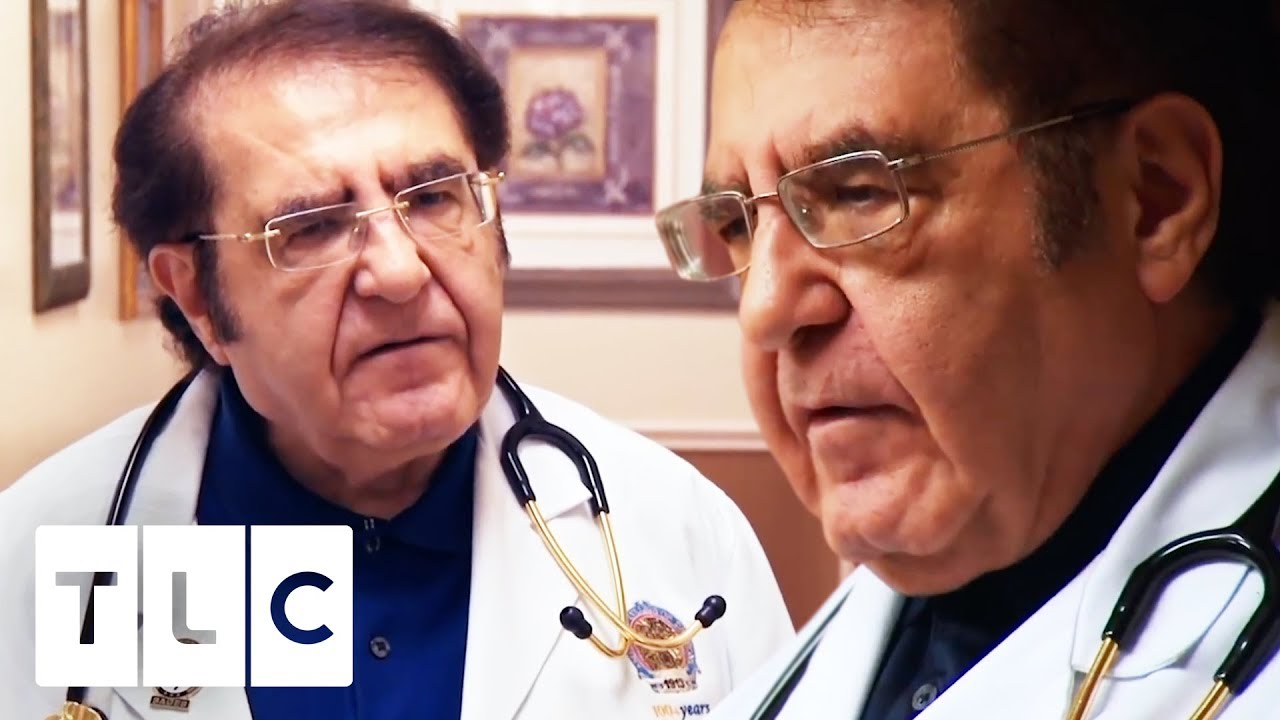Following a proper diet is essential for weight loss is what Dr. Nowzaradan says, Personalized diets take into account caloric intake depending on the goal of the diet. Hypocaloric if it is for weight loss or hypercaloric, for other goals. First, the weight target is assessed, secondly, the quality of food with priority and, thirdly, specific food components are analyzed.
In general, the individual diet is independent of whether the person has to lose more or less weight, says Dr. Nowzaradan, specialist in bariatric surgery, One condition when designing a diet is that it is appetizing. “Otherwise it will not be lasting and therefore the long-term goal will not be achieved,” he says. Satisfaction should be based on delicacy points and never food quantity.
you have to analyze the tastes of each person and, based on a balanced, varied and healthy eating habits, designing the low fat diet will help the body, not only to get used to a better eating change, but also to get emptyed fats to deal with surgery in a better way. Adding vegetables to meals and reducing carbohydrates will help your heart stay stronger and healthier, and thus have better blood flow and reduce the risk of very noticeable bleeding and bruising, as well as helping to better heal .
How much weight do you have to lose before gastric bypass surgery?
The Body Mass Index (BMI) is the simplest system for knowing if a person is normal weight, overweight or obese, a calculation that is done by dividing the weight by height by squared meters, When it is between 18 and 25 is spoken of normal weight , but about 25 and up to 30 BMI is overweight, so diseases such as diabetes and hypertension can develop, which end up decreasing expectation and quality of life.
Dr. Nowzaradan, a Bariatric surgeon, explains that, despite all the efforts made, in people with severe or morbid obesity, the best treatment is bariatric surgery. “It’s the only effective long-term treatment,” he says.
What are different types of bariatric surgery?
- Endoscopic route: as the intragastric balloon and endoscopic gastroplasty are performed in this way and allow to lose 15 to 20 kilos. The latter is one of the newest and least invasive techniques, without incisions and of rapid recovery. Both in cases where obesity is not as severe.
- Gastric sleeve: represents 80% of surgeries. With it you can lose 20 to 40 kilos, as the portion of the stomach that produces the appetite hormone (ghrelin) is removed.
- Gastric bypass: It is the most invasive option, but with it you can 50 to 60 kilos, depending on the obesity of the patient. It decreases the amount of food that can be eaten at once, as it reduces the size of the stomach.
 These techniques, Dr. Nowzaradan points out, have been shown to perform better than drug treatments, with a success rate of about 80%. However, there are cases where you don’t get good results or where you need to revisit a new surgery years later (revisional surgery).
These techniques, Dr. Nowzaradan points out, have been shown to perform better than drug treatments, with a success rate of about 80%. However, there are cases where you don’t get good results or where you need to revisit a new surgery years later (revisional surgery).
What is Dr Nowzaradan’s 1200 calorie diet?
Eating fewer calories will help you lose weight. If an adult wants to lose 1 or 2 pounds of weight per week should decrease their calorie intake, consuming between 500 and 1,000 fewer calories per day, almost all women can lose weight safely if they consume between 1,000 and 1,200 calories a day.
These calorie levels are a guide and may need to be adapted. If you consume 1,600 calories a day but don’t lose weight, you may want to consume only 1,200 calories. If you’re hungry with either diet, you may want to add between 100 and 200 calories a day.
Healthy foods include:
- Skim milk and low-fat milk; dairy products, such as yogurt and cheese, low in fat.
- Lean meats, fish, chicken, cooked beans and peas.
- Foods with whole grains, such as whole wheat bread, oats and brown rice. Other foods that contain cereals, such as pasta, breakfast cereal, bagels, bread, tortillas, couscous and salt biscuits.
- Fresh, frozen, dried or canned fruits (in juice or water).
- Canned (unsalted) vegetables, fresh, frozen or dried.
There are patients who ingest more than 10,000 calories on a daily basis and with the aim of avoiding complications and intending to start a new life and change their relationship with food, the post-operative diet they carry is 800 to 1000 calories a day , which represents a drastic decrease that the body will resent if there is no relatively gradual pre-preparation.
What is the purpose of a liquid diet before bariatric surgery?
Depending on their Body Mass Index (BMI), it is recommended that the patient maintain a liquid diet between 7 and 15 days prior to surgery. This change in diet will help a weight loss before surgery by speeding up not only the times of intervention, which could be reduced, but also an improvement in blood pressure levels, glycemic indices or cardiovascular risk. In addition, it will help your post-surgical recovery.
liquid diet is important because it helps reduce the size of the liver, contributes to intestinal cleansing while also reducing stress to the digestive system. Reducing the size of the liver will allow the surgeon to work comfortably during surgery, have better visibility in the field of work and there will not be as much manipulation of the other internal organs.
The liquid diet is also often prescribed for people who need an accelerated recovery from certain diseases and surgeries. Remember that a complete liquid diet should only be consumed for short periods of time, as it functions as a transitional stage until the patient can start consuming a soft diet.
After surgery, the patient has to maintain a liquid diet for 7 days to respect the surgical sutures, in addition to progressively starting a diet adapted to their new situation.
